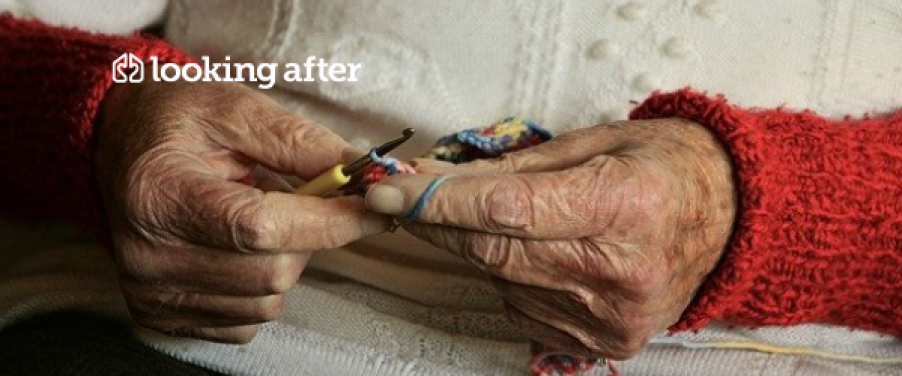Identifying the best professional carer
In time, your loved one may require an at-home or domiciliary carer to help them with daily tasks and retain their independence as long as possible. It can be a daunting task to choose the right person to look after your nearest and dearest, so we have put together some helpful tips.
What to look out for in your dementia carer
The ideal carer will have a combination of personality traits and qualifications or experience that will make them right for the job. You’ll want someone who is experienced in delivering dementia care, so be sure to check their references and previous experience. As this role is 1-2-1 care, you’ll want someone who has had experience of working with a dementia patient on a 1-2-1 basis. The difference with a care home is that the care home does not deliver dedicated 1 on 1 care. Care providers will have a number of patients to look after. Round the clock care will be delivered but it is unlikely that the patient will be able to build as much of a rapport or relationship with carers due to their other care demands. This also means that the carers within a residential home will be able to offer each other support and they will cover the care in shift patterns. There is a different requirement as a home care, or live in carer and therefore their skills and experience will be slightly different.
You might be tempted to cut corners to save money in the delivery of care but it’s important that you keep in mind the key elements below.
They respect your loved one. Looking after someone with dementia can be a challenging and, at times, frustrating experience. It’s important that your loved one’s carer overcomes difficult situations, without resorting to patronisation.
Empathy. You will want to find a person who is empathetic and caring, and finds reward and purpose through care work. They need to understand how dementia affects a patient and be able to tackle any challenges deftly and with knowledge.
Attitude. A positive attitude is vital when looking after the elderly, who can often become depressed, anxious or lonely. This is a real challenge in dementia care, it is important to keep a dementia patient social and engaged. Someone with an uplifting personality could improve the dementia patient’s day.
Punctuality - it’s important your carer is punctual and reliable. Keeping to regular timescales and keeping a routine in dementia care is very important. It helps to reduce anxiety in dementia care, so you don’t want someone who cannot keep to time.
Practicality and attention to detail. You will want to look out for someone who will take care of your loved one in their most vulnerable states, without making them feel embarrassed or ashamed. Attention to detail is crucial to monitor the person’s health and pick up on any irregularities. As the disease progresses, the dementia patient will need more support to remain independent. The chosen carer needs to be able to identify potential challenges within the home and becomes another responsible adult for their care and safety.
Qualifications and experience. It’s important to choose a carer, who has the necessary qualifications and experience to look after a dementia sufferer. You want to bear in mind that each dementia disease is different and dementia patients suffer differing symptoms. However, as outlined above, you’ll need someone who has the experience to deliver effective care over the hours that you choose, without the backup of a support team, or care home manager. Always ensure your carer is CRB/DBS checked.
Whenever possible, pick someone who shares interests with your family member, especially if the care is required on a long term basis, since they will be spending a lot of time together. And ultimately you want someone who is caring, not an android. Dementia care sometimes requires tactile behaviour, such as stroking a dementia patient’s hand. If they can identify which activities or conversations will help to calm a patient (and have plenty of experience of this) then they can help to distract the patient from the confusion and dementia brain fog that can make everyday life feel so frightening.
You will want someone who knows what they are doing. This is not something that a person can wing it and pick it up as they go along. You need your loved one to be cared for and supported, not to find an overwhelmed inexperienced carer and a very anxious dementia patient.
If you are looking for help in finding care for your loved one, then take a look at our free care finding service
Free care finding service





